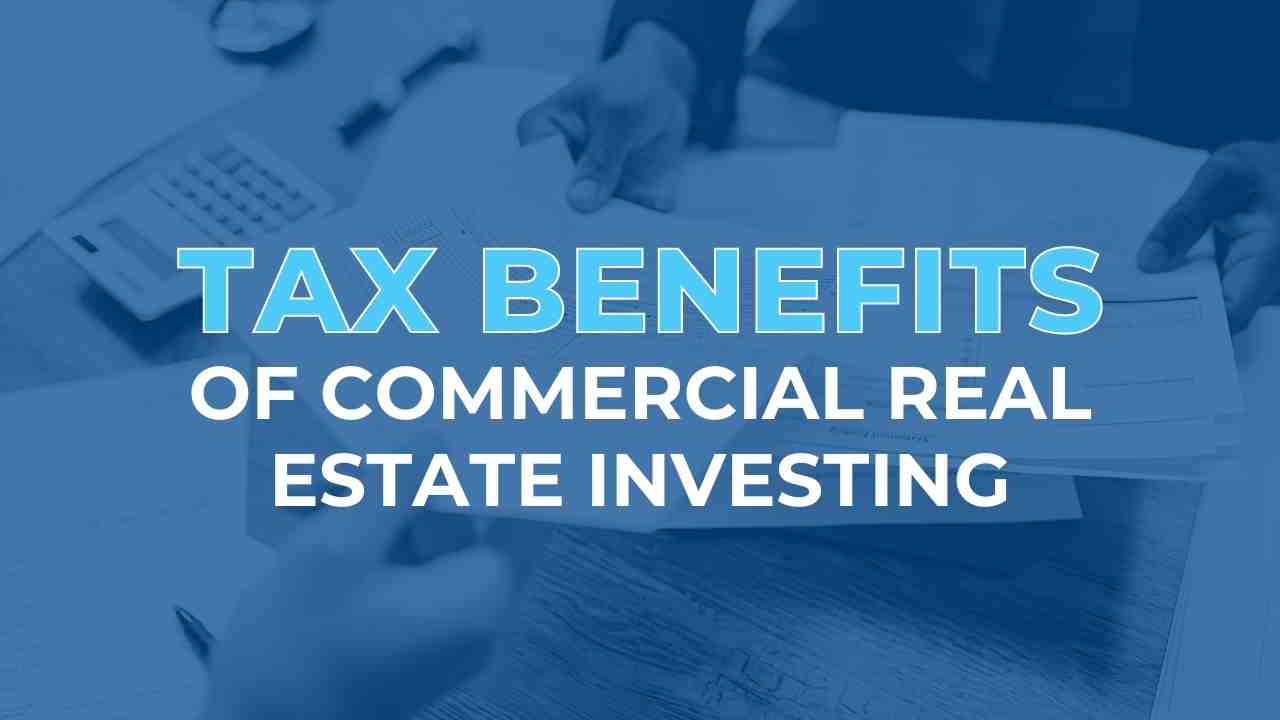Owning commercial real estate can be a great investment, but it comes with several important tax considerations. These considerations affect your bottom line, and understanding them is crucial. In this blog, we will go over some of the key tax aspects of owning commercial property. Whether you are just starting out or have owned property for years, these factors are important to consider.
- Property Taxes
Property taxes are one of the biggest ongoing costs for commercial property owners. These taxes are levied by local governments, such as cities or counties, and are based on the property’s assessed value. It’s important to regularly review your property’s assessment to ensure you are not paying more than necessary. If you believe your property is over-assessed, you may be able to appeal the assessment to lower your property tax bill.
- Depreciation Deductions
Depreciation is another important tax benefit for commercial property owners. Essentially, you can deduct a portion of the property’s value over time. For commercial properties, the IRS typically allows a depreciation period of 39 years. This can significantly reduce your taxable income. Additionally, if you make improvements to the property, you can depreciate those as well. This allows you to recoup some of the costs of maintaining and upgrading the property.
- Capital Gains Tax
Capital gains tax is one tax consideration to consider when you sell your commercial property. If you sell the property for more than you paid for it, you will be taxed on the profit. However, the tax rate depends on how long you’ve owned the property. If you’ve held the property for more than a year, it qualifies for long-term capital gains tax, which is generally lower than the short-term rate. A 1031 exchange can help defer capital gains taxes if you reinvest the proceeds into another property.
- Operating Expenses and Deductions
You can deduct many expenses related to the operation of your commercial property. These expenses include property management fees, insurance, utilities, and maintenance. Deducting these expenses can lower your taxable income, which can help reduce your tax liability. Keeping detailed records of these expenses is crucial for maximizing your deductions.
- Income Tax on Rental Income
If you are renting out your commercial property, you must report the rental income on your tax return. However, you can offset the rental income with the expenses associated with running the property. This includes mortgage interest, repairs, and property taxes. By doing so, you can reduce your taxable income from the rental property.
- Sales and Use Tax
Depending on your location and what your property is used for, sales and use tax may apply. For example, if your tenant sells taxable goods, you may need to collect sales tax on their behalf. Similarly, certain property improvements may be subject to sales tax. It’s important to consult with a tax professional to understand how these taxes apply to your property.
- Tax Incentives and Credits
Some commercial properties qualify for tax incentives or credits. For instance, if you make energy-efficient upgrades or if your property is located in a designated area for economic development, you may qualify for tax breaks. It’s worth exploring what incentives are available in your area to maximize your savings.
- Estate Tax Considerations
When it comes to transferring commercial property to heirs, estate taxes are an important consideration. The value of your property will likely be included in your estate’s value, and estate taxes may apply. Strategic planning, such as gifting portions of the property or setting up trusts, can help reduce estate tax liability for your heirs.
Conclusion
Managing the tax considerations of commercial property ownership is complex, but essential for maintaining profitability. By understanding key taxes like property tax, depreciation, and capital gains, you can make informed decisions that benefit your bottom line. Additionally, taking advantage of available deductions, credits, and incentives can help lower your overall tax burden.
To make the most of your investment, it’s a good idea to consult with a tax professional. They can provide guidance tailored to your specific property and help ensure that you are meeting all necessary requirements. With the right knowledge and planning, owning commercial real estate can continue to be a lucrative and rewarding investment.


 Facebook
Facebook
 X
X
 Pinterest
Pinterest
 Copy Link
Copy Link

